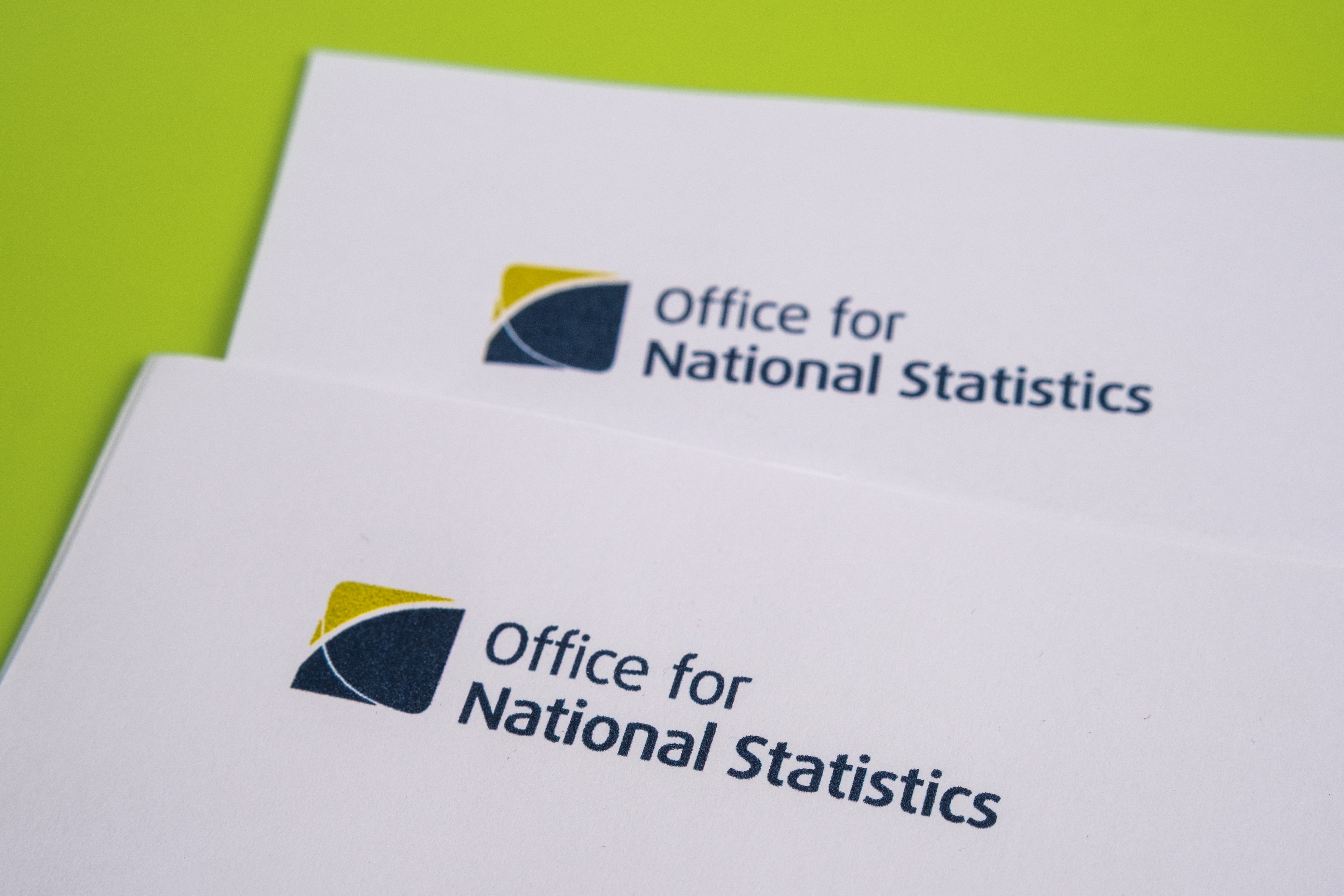
The Office for National Statistics (ONS) has today (13 December) released new stats that show “widespread declines in manufacturing”, an unexpected fall in the UK’s real gross domestic product (GDP) of 0.3% and a small dip in the value of exports in the month of October.
Goods grief
In the three months to October 2023, goods exports fell by a value of £4.3bn (4.4%), with a decrease in the value exported to the EU and non-EU countries. Goods imports also fell over that period by £6.4bn (4.4%), though services imports increased by £1bn (1.3%) and services exports rose by £1.2bn (1%).
The fall in exports to the EU is attributed to lower export of material manufactured products, down £0.2bn, though the number is more encouraging for outside the EU, where exports of material manufactured products to India drove a £0.7bn rise in exports in the sector outside the bloc.
The view on exports in the month of October alone was marginally more encouraging, with a minor uptick of £0.4bn (1.2%) in goods exports from September. That was made up by £1.2bn (8.2%) rise in exports to non-EU countries and a £0.9bn (5.8%) fall in exports to the EU.
The monthly picture was less rosy on services, with a £0.2bn (0.6%) drop in services exports for October. The ONS notes that, “although price rises have affected trade in services in recent months, in October 2023 there was little difference between trade in services trends in value and inflation-adjusted terms”.
Manufacturing fall
Other figures released today suggest the UK’s manufacturing sector is experiencing lower output, with a 1.1% decrease in October alone, with an overall 0.9% fall since July.
The driving factor in the manufacturing figures is a fall of 2.5% in computing and electronic products, though the ONS highlights that there was some positive contribution from the transport equipment industry, which grew by 0.4% on the month.
The UK also saw an uptick this month in imports of machinery and transport equipment from the EU of £1.5bn (6.1%) this month, largely a result of increased import of cars from Germany.
O Kemi all ye faithful
The business and trade secretary Kemi Badenoch was upbeat in her appraisal of the statistics:
“Today’s figures show that the government’s work signing new trade deals, knocking down trade barriers and promoting British businesses across the globe is working, with our services industries in particular reaching record export levels never seen before.
“From insurance to advertising, travel services to telecoms, these export success stories are helping to grow the economy, create jobs and boost prosperity up and down Britain.”
The government highlighted that, year-on-year, the UK is exporting more services than ever before.
The IOE&IT perspective
Institute of Export and International Trade (IOE&IT) director general Marco Forgione also described the year-on-year performance of UK exports as “strong” in his response to the numbers.
“The strong growth in U.K. services exports is especially important as they make up 80% of our economy and account for half of our global exports. The UK ranks second globally for services exports, and first in Europe.
“Our recent report shows that there are tremendous opportunities to increase services exports across all the UK’s regions even further next year.”
He noted “milestones” including the Comprehensive and Progressive Agreement for Trans-Pacific Partnership (CPTPP) achieved this year, as well as deals agreed with Australia and New Zealand, which he said were “opening up exciting new opportunities”.
Looking ahead to 2024, he said:
“To really turbo boost the UK economy we need more micro, small and medium enterprises (MSMEs) reaping the incredible benefits of international trade, [and we can do this] by providing them with the support and tools to start their export journeys.”



